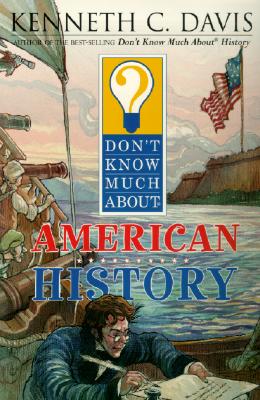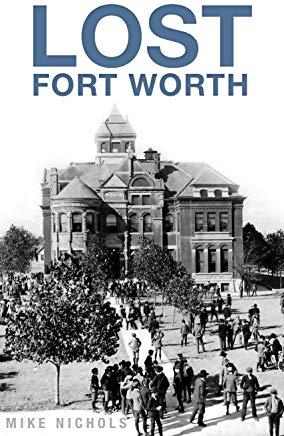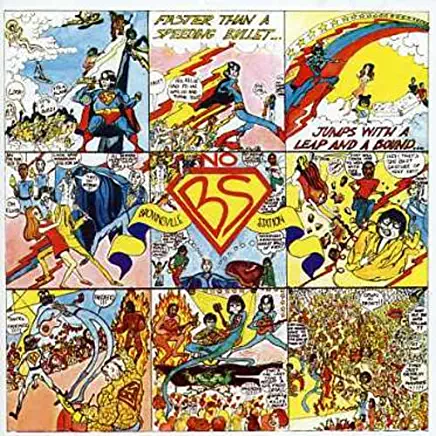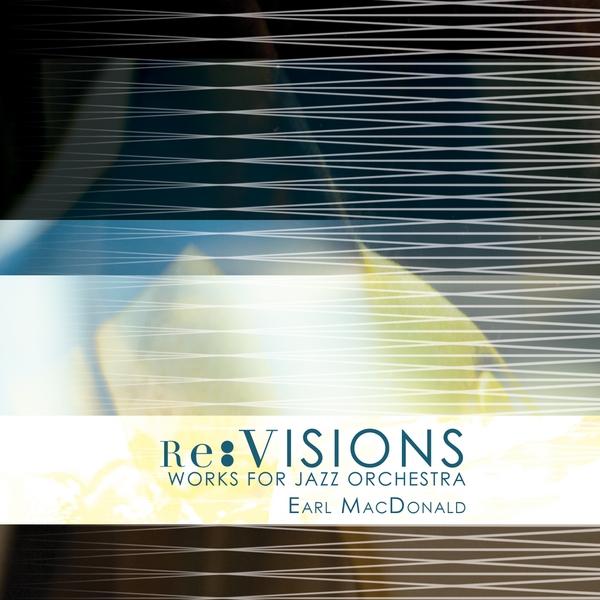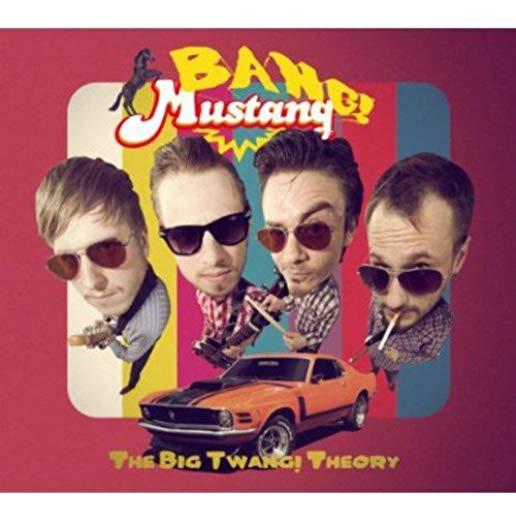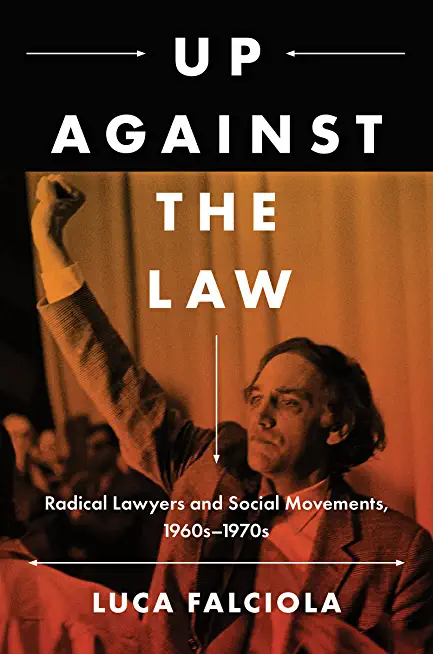
Falciola, Luca
product information
description
2As protest movements took to the streets during the 1960s and 1970s, a group of lawyers joined forces with America's most confrontational activists. In pursuit of radical change themselves, these militant attorneys went beyond providing mere representation. They identified with their clients, defied the habits of a conservative profession, and formulated a corrosive critique of the legal system, questioning the neutrality and transformative power of law. While exploiting the courtrooms as political forums, they developed aggressive litigation strategies and became involved with the organization of protest. Drawing on extensive archival research and interviews, historian Luca Falciola reconstructs this largely unmapped phenomenon and challenges the reader to think anew about the pivotal role of lawyers in social movements.
At the heart of this book is the story of the National Lawyers Guild. Founded in 1937, the Guild represented the first integrated and progressive bar association of America. The Guild returned to prominence in the early 1960s, at the vanguard providing legal aid to civil rights workers in the South. Since then, leftist students, disobedient soldiers, rebellious inmates, radical minorities, and revolutionary groups such as the Black Panther Party and the Weather Underground have relied on this cadre of sympathetic lawyers to defend and empower them.
At the heart of this book is the story of the National Lawyers Guild. Founded in 1937, the Guild represented the first integrated and progressive bar association of America. The Guild returned to prominence in the early 1960s, at the vanguard providing legal aid to civil rights workers in the South. Since then, leftist students, disobedient soldiers, rebellious inmates, radical minorities, and revolutionary groups such as the Black Panther Party and the Weather Underground have relied on this cadre of sympathetic lawyers to defend and empower them.
member goods
No member items were found under this heading.
Return Policy
All sales are final
Shipping
No special shipping considerations available.
Shipping fees determined at checkout.
